KOREA’S STANCE ON DISPUTES WITH JAPAN
입력 2019.11.18 (15:03)
수정 2019.11.18 (16:45)
읽어주기 기능은 크롬기반의
브라우저에서만 사용하실 수 있습니다.
[Anchor Lead]
Defense ministers of South Korea and Japan have met yesterday to discuss the issue of extending the military intelligence-sharing pact known as GSOMIA. The meeting did not produce any result, only confirming that the two countries remain far apart in their positions. Meanwhile, Cheong Wa Dae officials are meeting with the victims of Japan's forced labor program during World War II, to explain that the South Korean government will not sign an agreement with Japan without their consent.
[Pkg]
President Moon Jae-in emphasized repeatedly that the military intel-sharing pact known as GSOMIA will not be extended without a change of attitude from Japan. Meanwhile, it's been confirmed the nation's top office and the government have been meeting with the victims of Japan's wartime forced labor. According to a high-ranking Cheong Wa Dae official the staff of the Offices of the President and the Prime Minister as well as the Foreign ministry have been meeting with the victims and explained to them, the government will never sign an agreement with Tokyo without their consent. The victims were concerned the government was trying to strike a deal with Japan in secret as it was revealed Chairman of the National Assembly Moon Hee-sang's proposal differs from the official government plan. The presidential office explained the situation to dispel their anxiety. Cheong Wa Dae made it clear that once South Korea finds some common ground with Japan regarding forced labor compensation through diplomatic efforts, the negotiation process would not go forward without victims' consent. The two governments have not been able to narrow their differences, but the victims' legal representatives are reportedly talking with the Japanese legal circle about compensation methods. This plan containing the compensation proposals of the victims' choice may be announced as early as this week. The victims' attorneys have said nothing has been decided and the compensation plan will be disclosed only after obtaining the majority of the victims' consent. Once this plan is released, the government plans to carefully examine its feasibility and gather public opinion.
Defense ministers of South Korea and Japan have met yesterday to discuss the issue of extending the military intelligence-sharing pact known as GSOMIA. The meeting did not produce any result, only confirming that the two countries remain far apart in their positions. Meanwhile, Cheong Wa Dae officials are meeting with the victims of Japan's forced labor program during World War II, to explain that the South Korean government will not sign an agreement with Japan without their consent.
[Pkg]
President Moon Jae-in emphasized repeatedly that the military intel-sharing pact known as GSOMIA will not be extended without a change of attitude from Japan. Meanwhile, it's been confirmed the nation's top office and the government have been meeting with the victims of Japan's wartime forced labor. According to a high-ranking Cheong Wa Dae official the staff of the Offices of the President and the Prime Minister as well as the Foreign ministry have been meeting with the victims and explained to them, the government will never sign an agreement with Tokyo without their consent. The victims were concerned the government was trying to strike a deal with Japan in secret as it was revealed Chairman of the National Assembly Moon Hee-sang's proposal differs from the official government plan. The presidential office explained the situation to dispel their anxiety. Cheong Wa Dae made it clear that once South Korea finds some common ground with Japan regarding forced labor compensation through diplomatic efforts, the negotiation process would not go forward without victims' consent. The two governments have not been able to narrow their differences, but the victims' legal representatives are reportedly talking with the Japanese legal circle about compensation methods. This plan containing the compensation proposals of the victims' choice may be announced as early as this week. The victims' attorneys have said nothing has been decided and the compensation plan will be disclosed only after obtaining the majority of the victims' consent. Once this plan is released, the government plans to carefully examine its feasibility and gather public opinion.
■ 제보하기
▷ 카카오톡 : 'KBS제보' 검색, 채널 추가
▷ 전화 : 02-781-1234, 4444
▷ 이메일 : kbs1234@kbs.co.kr
▷ 유튜브, 네이버, 카카오에서도 KBS뉴스를 구독해주세요!
- KOREA’S STANCE ON DISPUTES WITH JAPAN
-
- 입력 2019-11-18 15:05:14
- 수정2019-11-18 16:45:24
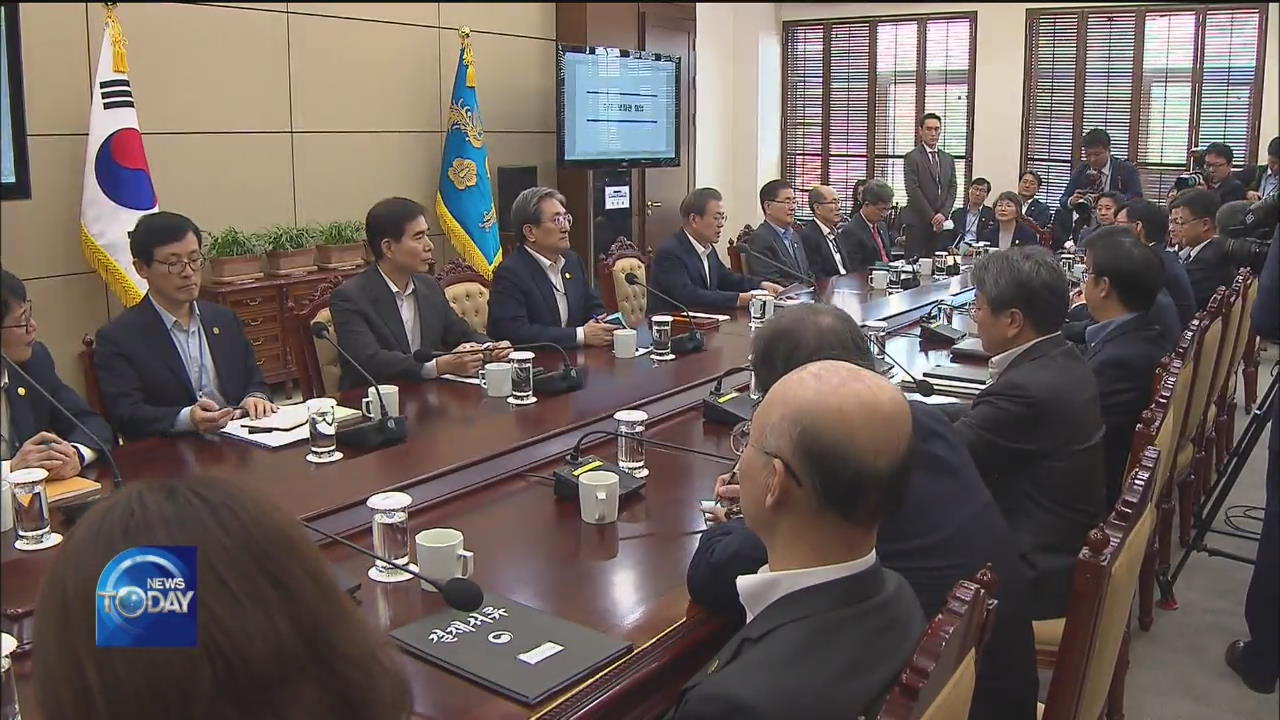
[Anchor Lead]
Defense ministers of South Korea and Japan have met yesterday to discuss the issue of extending the military intelligence-sharing pact known as GSOMIA. The meeting did not produce any result, only confirming that the two countries remain far apart in their positions. Meanwhile, Cheong Wa Dae officials are meeting with the victims of Japan's forced labor program during World War II, to explain that the South Korean government will not sign an agreement with Japan without their consent.
[Pkg]
President Moon Jae-in emphasized repeatedly that the military intel-sharing pact known as GSOMIA will not be extended without a change of attitude from Japan. Meanwhile, it's been confirmed the nation's top office and the government have been meeting with the victims of Japan's wartime forced labor. According to a high-ranking Cheong Wa Dae official the staff of the Offices of the President and the Prime Minister as well as the Foreign ministry have been meeting with the victims and explained to them, the government will never sign an agreement with Tokyo without their consent. The victims were concerned the government was trying to strike a deal with Japan in secret as it was revealed Chairman of the National Assembly Moon Hee-sang's proposal differs from the official government plan. The presidential office explained the situation to dispel their anxiety. Cheong Wa Dae made it clear that once South Korea finds some common ground with Japan regarding forced labor compensation through diplomatic efforts, the negotiation process would not go forward without victims' consent. The two governments have not been able to narrow their differences, but the victims' legal representatives are reportedly talking with the Japanese legal circle about compensation methods. This plan containing the compensation proposals of the victims' choice may be announced as early as this week. The victims' attorneys have said nothing has been decided and the compensation plan will be disclosed only after obtaining the majority of the victims' consent. Once this plan is released, the government plans to carefully examine its feasibility and gather public opinion.
Defense ministers of South Korea and Japan have met yesterday to discuss the issue of extending the military intelligence-sharing pact known as GSOMIA. The meeting did not produce any result, only confirming that the two countries remain far apart in their positions. Meanwhile, Cheong Wa Dae officials are meeting with the victims of Japan's forced labor program during World War II, to explain that the South Korean government will not sign an agreement with Japan without their consent.
[Pkg]
President Moon Jae-in emphasized repeatedly that the military intel-sharing pact known as GSOMIA will not be extended without a change of attitude from Japan. Meanwhile, it's been confirmed the nation's top office and the government have been meeting with the victims of Japan's wartime forced labor. According to a high-ranking Cheong Wa Dae official the staff of the Offices of the President and the Prime Minister as well as the Foreign ministry have been meeting with the victims and explained to them, the government will never sign an agreement with Tokyo without their consent. The victims were concerned the government was trying to strike a deal with Japan in secret as it was revealed Chairman of the National Assembly Moon Hee-sang's proposal differs from the official government plan. The presidential office explained the situation to dispel their anxiety. Cheong Wa Dae made it clear that once South Korea finds some common ground with Japan regarding forced labor compensation through diplomatic efforts, the negotiation process would not go forward without victims' consent. The two governments have not been able to narrow their differences, but the victims' legal representatives are reportedly talking with the Japanese legal circle about compensation methods. This plan containing the compensation proposals of the victims' choice may be announced as early as this week. The victims' attorneys have said nothing has been decided and the compensation plan will be disclosed only after obtaining the majority of the victims' consent. Once this plan is released, the government plans to carefully examine its feasibility and gather public opinion.
이 기사가 좋으셨다면
-
좋아요
0
-
응원해요
0
-
후속 원해요
0










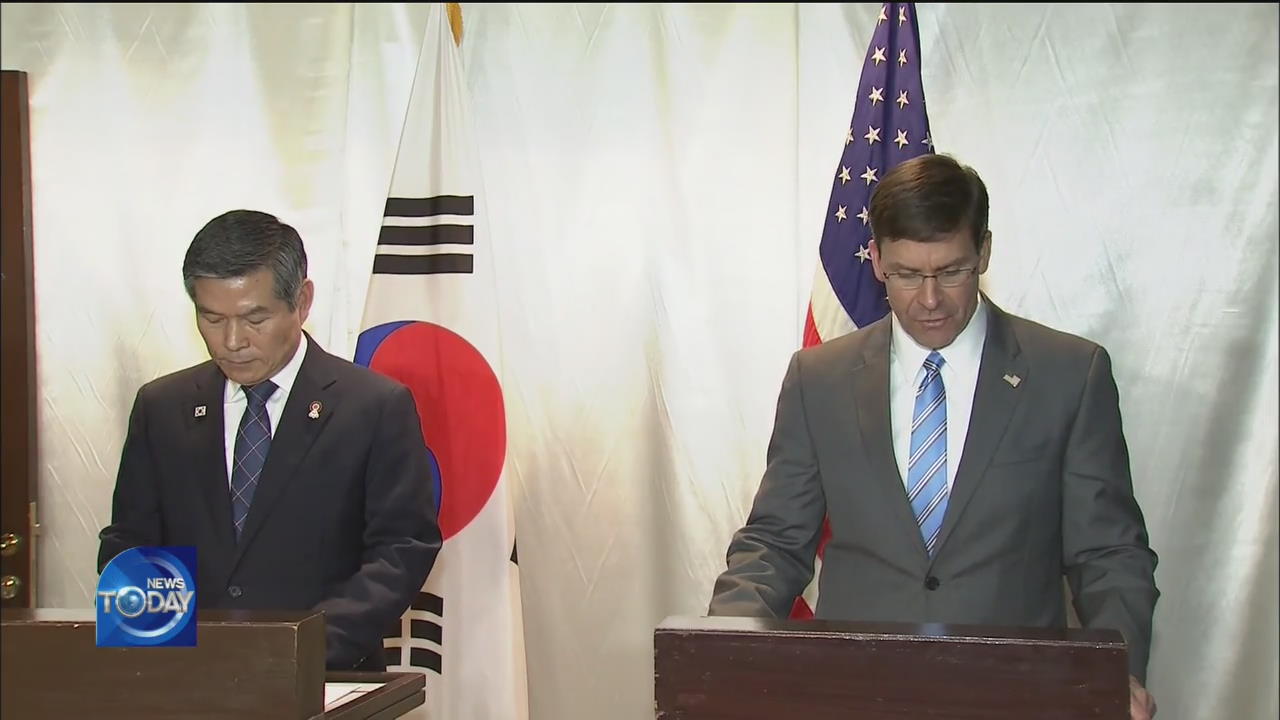
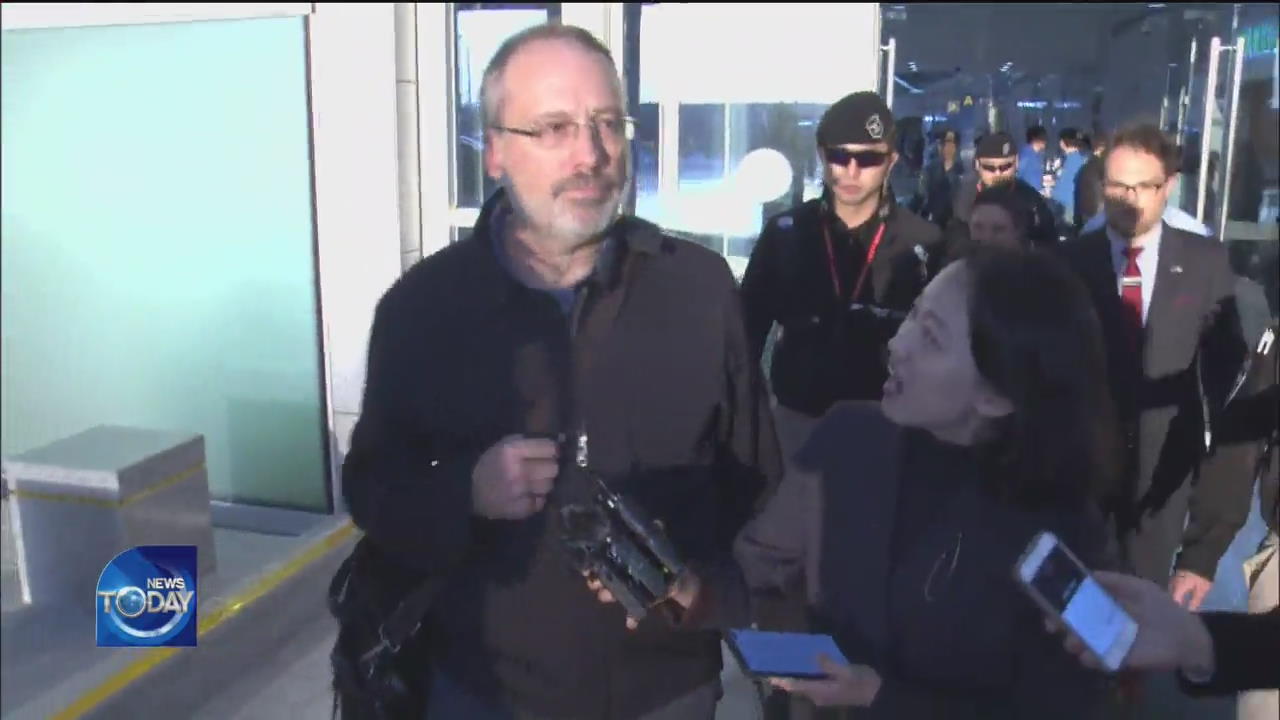
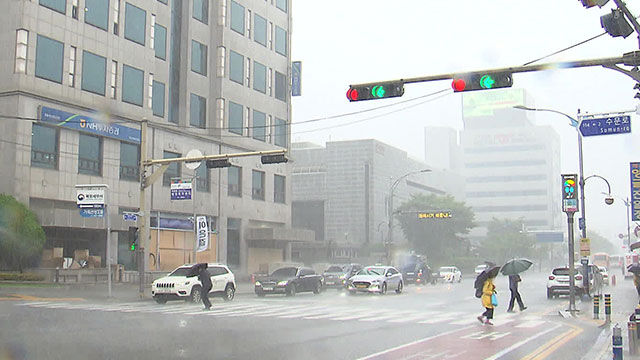
![[단독] 위성락 실장 “전작권 협상 카드 아냐”…차관 인선 발표](/data/layer/904/2025/07/20250713_krfuHu.jpg)
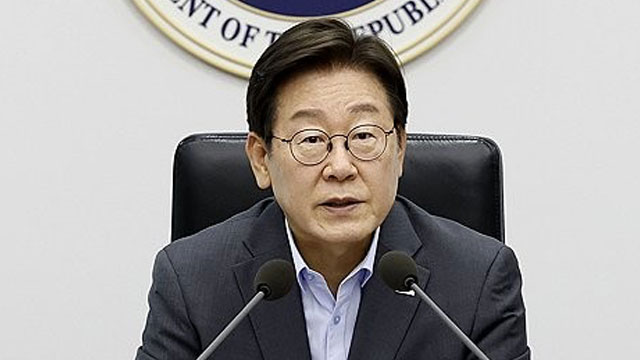
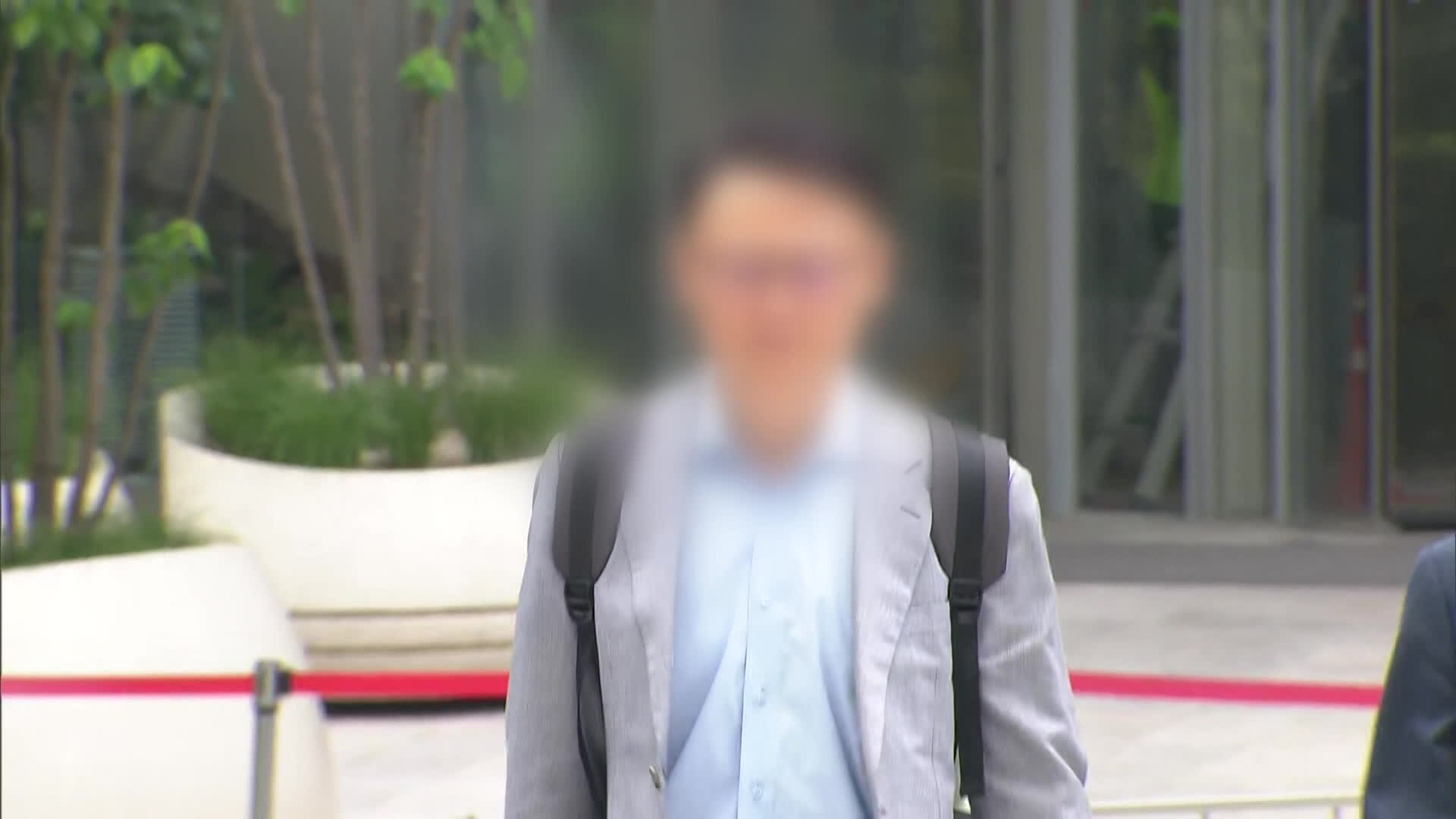

이 기사에 대한 의견을 남겨주세요.